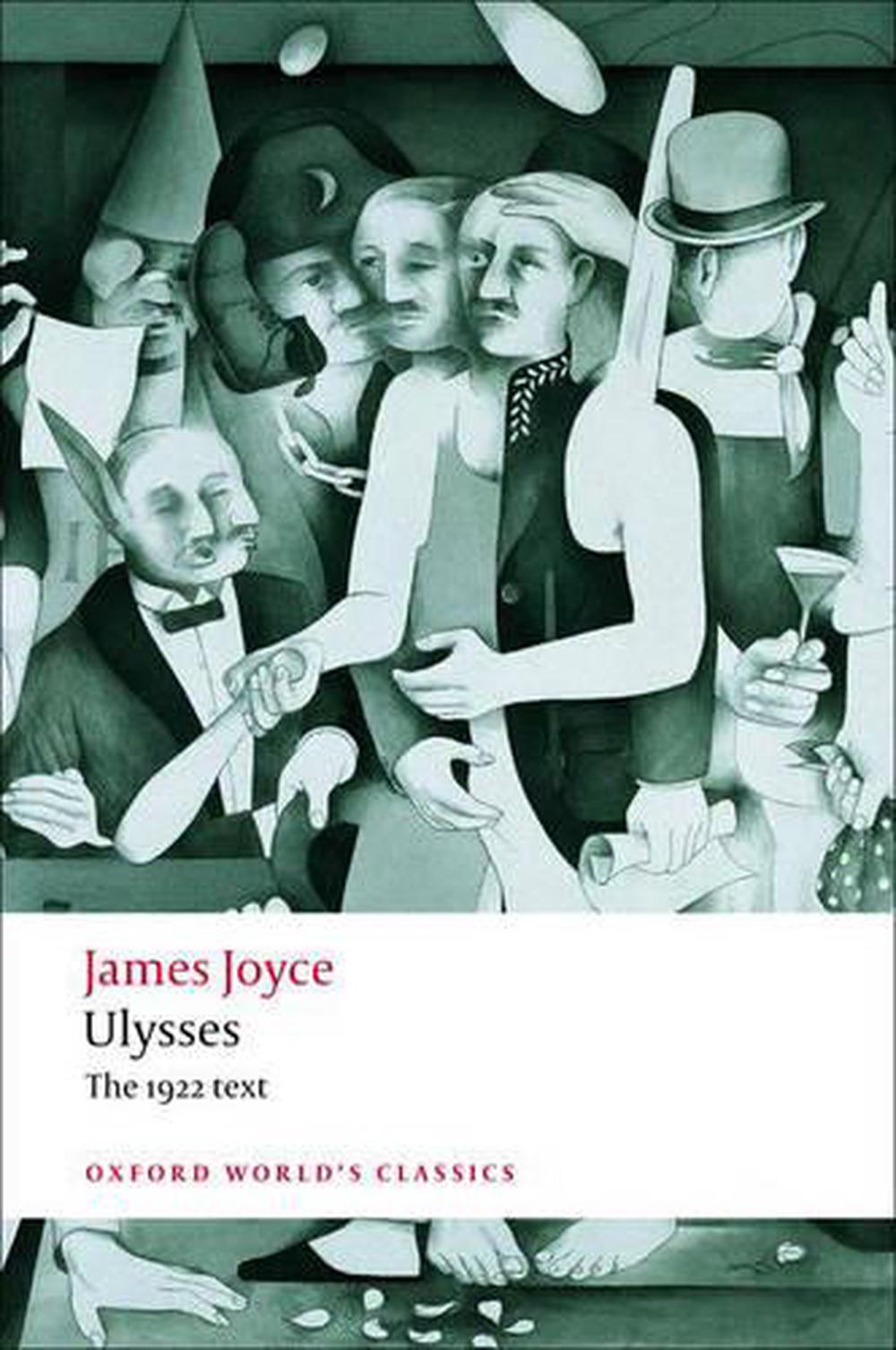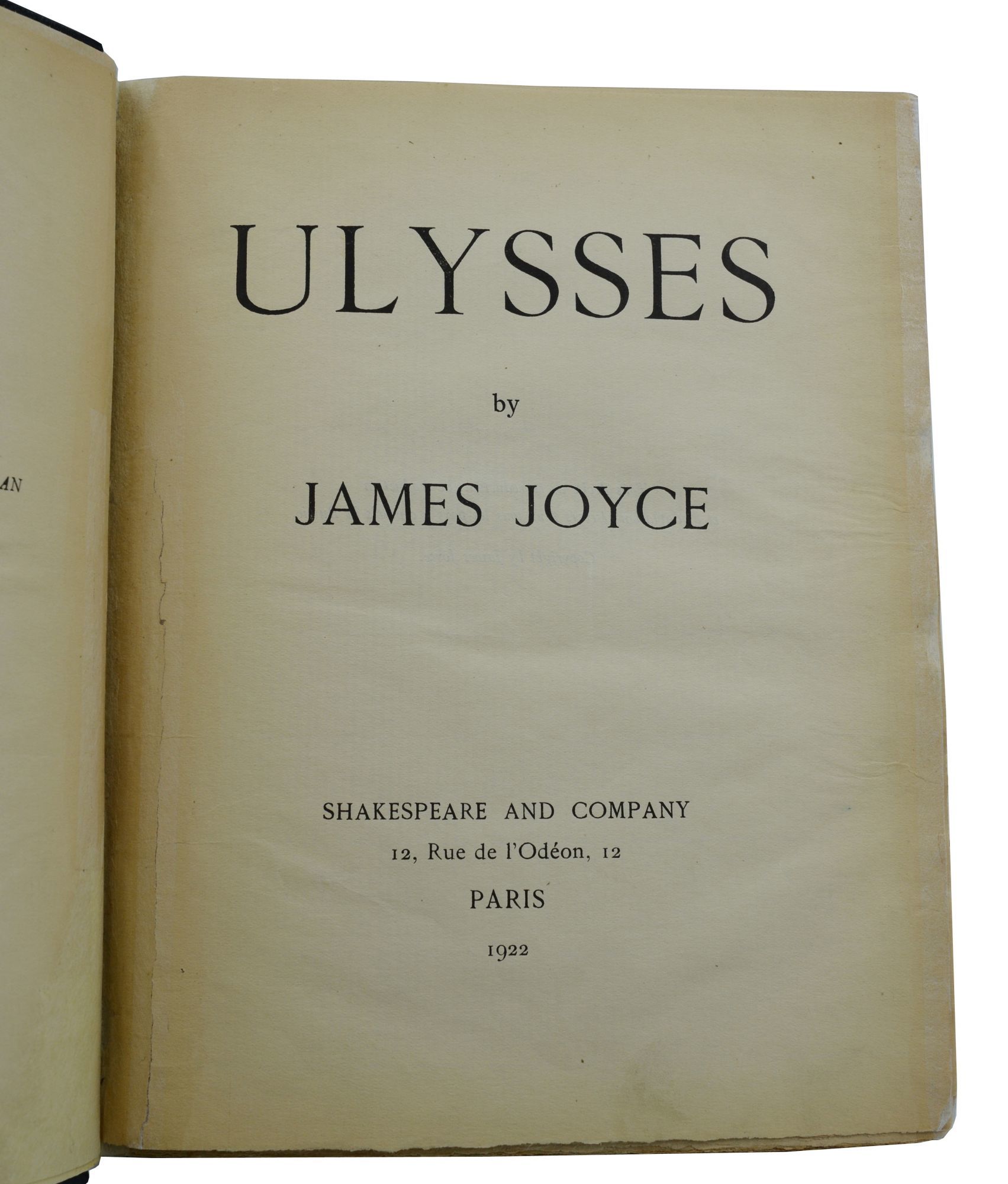Have you ever stumbled upon a book so dense yet so enchanting that it feels like a riddle wrapped in a mystery inside an enigma? Well, that’s exactly what James Joyce’s Ulysses is all about. This novel, often hailed as one of the greatest works of modern literature, is a labyrinth of words, ideas, and human experiences. But let me tell you something—it’s not just for the literary elite. It’s for anyone who’s ever wondered about the complexities of life, love, and the human condition.
Ulysses is more than just a story; it’s an exploration of the human soul, a journey through the streets of Dublin, and a deep dive into the psyche of its characters. Written by James Joyce, this novel is a celebration of life in all its messy, chaotic glory. And if you’re thinking, “Wait, isn’t it just a bunch of random sentences strung together?”—let me assure you, there’s method to the madness.
This masterpiece has been dissected, analyzed, and debated for decades, and for good reason. It’s not just a book; it’s a cultural phenomenon that has left an indelible mark on the world of literature. So buckle up, because we’re about to take a deep dive into the world of James Joyce’s Ulysses, and trust me, it’s gonna be wild.
Read also:Trisha Paytas Leaked The Inside Scoop You Didnrsquot Know You Needed
Who Was James Joyce Anyway?
Before we dive headfirst into the world of Ulysses, let’s take a moment to get to know the man behind the words. James Joyce was no ordinary writer. Born in Dublin in 1882, he grew up in a city that would later become the backdrop for many of his works. But here’s the thing—Joyce wasn’t just a writer; he was a revolutionary thinker, a wordsmith extraordinaire, and a man who dared to challenge the status quo.
Let’s break it down. Joyce was a guy who lived life to the fullest, even when life wasn’t always kind to him. He was a wanderer, a dreamer, and a thinker who believed that the written word could change the world. And let’s not forget—he was also a bit of a rebel. He wasn’t afraid to push boundaries, and that’s exactly what he did with Ulysses.
But don’t just take my word for it. Let’s take a look at some quick facts about James Joyce:
| Full Name | James Augustine Aloysius Joyce |
|---|---|
| Birthdate | February 2, 1882 |
| Place of Birth | Dublin, Ireland |
| Notable Works | Dubliners, A Portrait of the Artist as a Young Man, Ulysses |
| Death | January 13, 1941 (Zürich, Switzerland) |
Why Ulysses Is a Big Deal
Now, let’s talk about the elephant in the room—why is Ulysses such a big deal? Well, for starters, it’s not your average novel. Ulysses is a literary marvel that combines stream-of-consciousness narration, intricate symbolism, and a deep exploration of the human experience. It’s like a puzzle, but instead of pieces, you’ve got words, and instead of a picture, you’ve got a story that unfolds in ways you never expected.
It’s Not Just a Book; It’s an Experience
Reading Ulysses isn’t just about flipping pages; it’s about immersing yourself in a world that’s both familiar and foreign. It’s about following the lives of its characters—Leopold Bloom, Stephen Dedalus, and Molly Bloom—as they navigate the complexities of life in Dublin. And let’s not forget—the book is structured around a single day, June 16, 1904, which is now celebrated as Bloomsday by fans of Joyce around the world.
The Influence of Homer’s Odyssey
Here’s where things get interesting. Ulysses isn’t just a random story; it’s a modern retelling of Homer’s Odyssey. Each chapter corresponds to an episode in the ancient epic, but instead of gods and heroes, we’ve got ordinary folks dealing with everyday problems. It’s like taking a classic story and giving it a 20th-century twist.
Read also:Mariscos El General The Ultimate Seafood Paradise You Need To Discover
Breaking Down the Structure of Ulysses
So, how does Ulysses work? Let’s break it down. The novel is divided into 18 episodes, each with its own unique style and structure. It’s like a box of chocolates—you never know what you’re gonna get. But here’s the thing—there’s a method to the madness. Each episode is carefully crafted to reflect the themes and ideas of the novel.
Stream-of-Consciousness Narration
One of the most striking features of Ulysses is its use of stream-of-consciousness narration. It’s like peering into the minds of the characters, seeing their thoughts as they unfold in real-time. It’s raw, unfiltered, and utterly fascinating. And let’s not forget—it’s also a bit of a challenge. But hey, who said reading Ulysses was supposed to be easy?
The Role of Dublin in Ulysses
Dublin isn’t just a setting in Ulysses; it’s a character in its own right. Joyce’s love for his hometown shines through in every page of the novel. From the streets of Dublin to its pubs and parks, the city becomes a backdrop for the unfolding drama of the characters’ lives. And let’s not forget—the novel is filled with references to real places and people, making it a treasure trove of Dublin history.
Understanding the Characters of Ulysses
Now, let’s talk about the characters. Ulysses is populated by a cast of unforgettable individuals, each with their own quirks, flaws, and desires. Let’s take a closer look at some of the main players:
Leopold Bloom
Leopold Bloom is the heart and soul of Ulysses. He’s an ordinary guy with extraordinary thoughts, a man who’s trying to make sense of the world around him. Bloom’s journey through Dublin is a reflection of his inner struggles, and his interactions with the other characters are a testament to his humanity.
Stephen Dedalus
Stephen Dedalus is a young artist struggling to find his place in the world. He’s intelligent, introspective, and a bit of a dreamer. His relationship with Bloom is one of the central themes of the novel, and their interactions highlight the complexities of human connection.
Molly Bloom
Molly Bloom is a force to be reckoned with. She’s passionate, independent, and unapologetically herself. Her famous soliloquy at the end of the novel is a masterclass in stream-of-consciousness writing, and it’s a reminder of the power of female voices in literature.
The Themes of Ulysses
Ulysses is rich with themes that resonate with readers even today. From identity and belonging to love and loss, the novel explores the complexities of the human experience. Let’s take a closer look at some of the key themes:
Identity and Belonging
Identity is a central theme in Ulysses. The characters are constantly searching for a sense of belonging, whether it’s through their relationships, their work, or their connection to the world around them. It’s a reminder that we’re all on a journey to understand who we are and where we fit in.
Love and Loss
Love and loss are intertwined in Ulysses. The characters experience the highs and lows of love, from the joy of connection to the pain of separation. It’s a reminder that love is a complex and often messy emotion, but it’s also what makes life worth living.
Why Ulysses Matters Today
So, why should you care about Ulysses in 2023? Well, for starters, it’s a timeless masterpiece that continues to resonate with readers around the world. It’s a celebration of the human experience, a reminder that we’re all connected by our shared struggles and triumphs. And let’s not forget—it’s a challenge. Reading Ulysses is like running a marathon for your brain, but trust me, it’s worth it.
The Impact on Modern Literature
Ulysses has had a profound impact on modern literature. It’s inspired countless writers, from Samuel Beckett to Salman Rushdie, and its influence can be seen in everything from novels to films. It’s a testament to the power of words and the enduring legacy of James Joyce.
How to Read Ulysses
Reading Ulysses can be intimidating, but don’t let that stop you. Here are a few tips to help you get started:
- Take it slow. Ulysses is not a book you can breeze through in a weekend. Take your time and savor each chapter.
- Use a guide. There are plenty of resources out there to help you navigate the complexities of the novel. Don’t be afraid to use them.
- Join a book club. Reading Ulysses with others can be a rewarding experience. It’s a chance to share insights and perspectives.
Conclusion: Why You Should Read Ulysses
Ulysses is more than just a book; it’s a journey through the human experience. It’s a celebration of life in all its messy, chaotic glory, and it’s a reminder that we’re all connected by our shared struggles and triumphs. So, if you’ve ever wondered about the complexities of life, love, and the human condition, then Ulysses is the book for you.
And here’s the thing—reading Ulysses isn’t just about understanding the story; it’s about understanding yourself. It’s a chance to explore the depths of your own mind and to see the world through a different lens. So, what are you waiting for? Dive in, and trust me, it’s gonna be worth it.
Table of Contents


